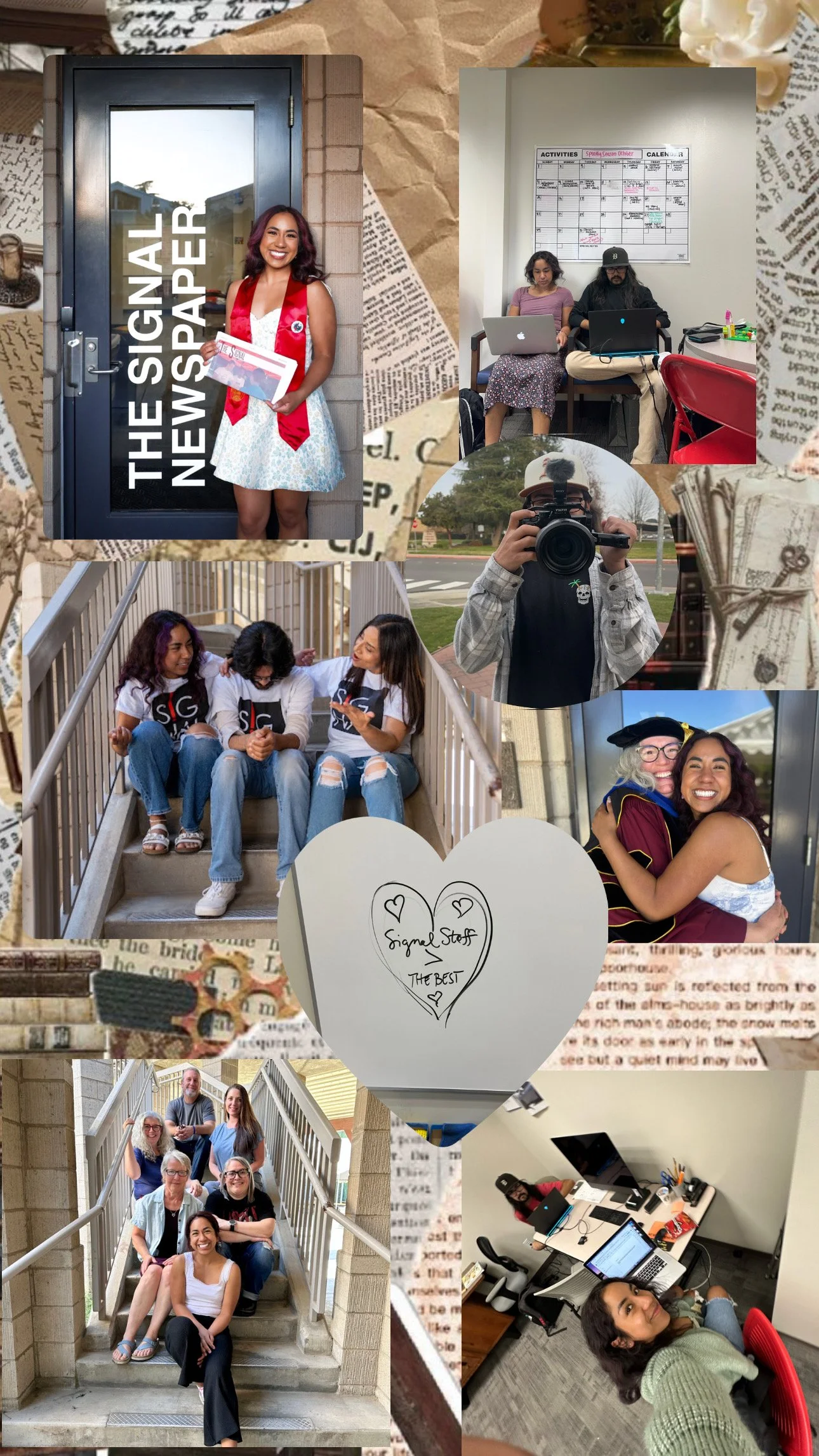From the Eldest Daughter of Aliens
To my future kids,
I first learned about Martin Luther King in kindergarten. “I have a dream” was the quote that stayed with me, and, in many ways, I’ve spent my entire life wondering what my own dream is and what it truly means to me.
In the third grade, I learned about Rosa Parks.
That was the first time I heard the word activist. I didn’t yet understand what white supremacy meant or how it affected people of color. All I knew was that Parks refused to give up her seat, and her resistance mattered—even if I couldn’t fully grasp why at the time.
In fourth grade, I learned about the Holocaust. By fifth grade, I was studying the Underground Railroad.
In my college classes, I learned about Native Americans and how being denied their language, knowledge, ceremonies, and identity extremely affected their sense of belonging and cultural connection.
The people around me matter, and the people around you matter too.
As a first-generation Mexican American, I didn’t understand what it meant to be brown when I was six years old.
But now, at the apple crisp age of 22, I know exactly what it means.
Being brown means I am a living patchwork of immigrants, Braceros bending their backs to bring life to a table, celebratory shots with limón, tortillas hechas a mano, and dreamers daring to risk it all for an education.
Being brown means being part of a community. The world is a potluck of cultures, and it’s important to note how people are affected by those in power.
As an undergraduate, I worked as a journalist and editor. Learning about everything going on in Gaza and the genocide that was—and still is—taking place had an impact on me, especially during my senior year. In no way was I trying to appropriate pain of any kind—but I kept thinking, what if that was me? What if I was the one seeing my coworkers being killed and targeted by snipers? I mean….we were journalists, too.
This is so real. This is so alive. And I think about it all the time. The phenomenon of being in between all these channels has always caused me empathic distress. Like I’ve cried and it felt cathartic and it’s a catharsis that was not mine to have.
Again, just a very small microcosm of the entire situation but this is the lens that I have to view it through. I’ve used a journalistic lens to view all sorts of things in my life.
In retrospect, I used to think of newspapers as something simple, even insignificant. I associated them with colorless pages listing cheap groceries and summer programs my parents couldn’t afford. As I grew older, I came to understand that a newspaper—and, by extension, being educated—is one of the most powerful tools anyone can have. The educated are often targeted, and it’s unsettling to live in a time where this truth feels especially relevant during the presidential election.
Things feel heavier–deeper now than they did, back when I was a freshman in high school when Trump was elected the first time around.
The policies and rhetoric surrounding immigration have a direct impact on my community. They affect some of my closest friends, many of whom are undocumented. They affect my aunts and uncles, and just a few years ago, they would have affected my parents—two individuals born on Mexican soil and raised by the hands that labor under the sun.
With this in mind, I ask you to never be desensitized. I realize now that being sensitive is the very thing I need in my early twenties. I want to be a living artifact for you, and I hope you never forget where you come from.
Be overflowing with empathy, so much so that your cup spills over, pouring water into the empty cup beside you. My child, “You are soft and sweet and wonderful. I have tasted your heart and I know yours is a flavor that matches my tongue."
